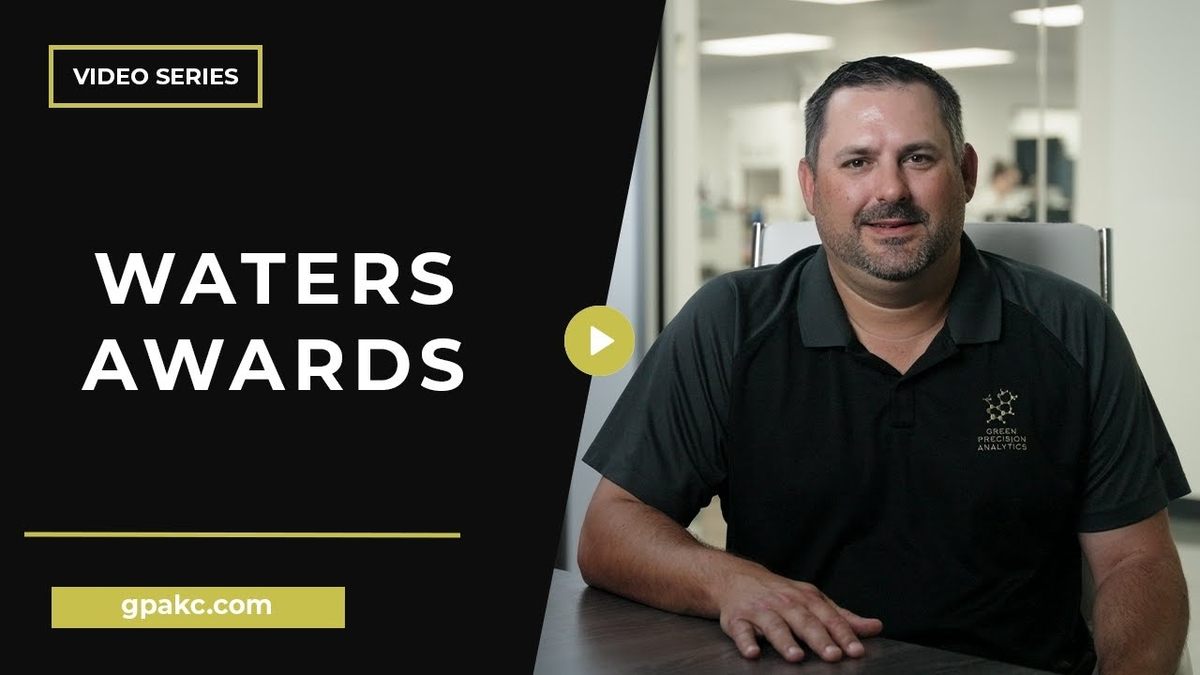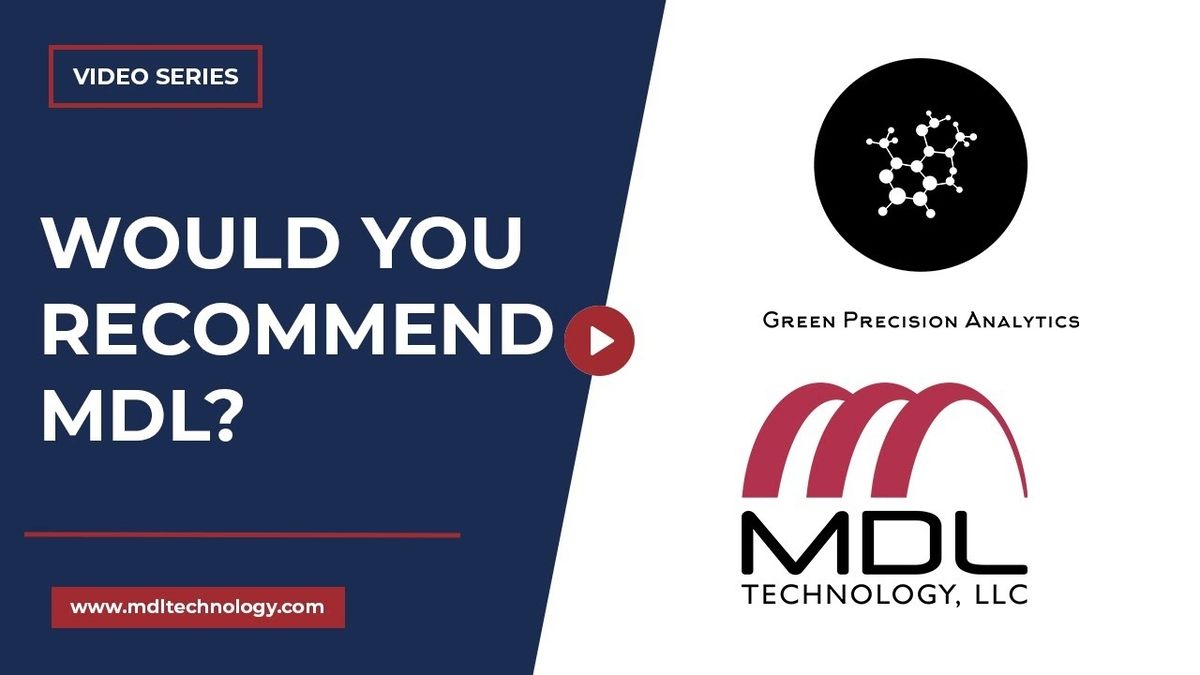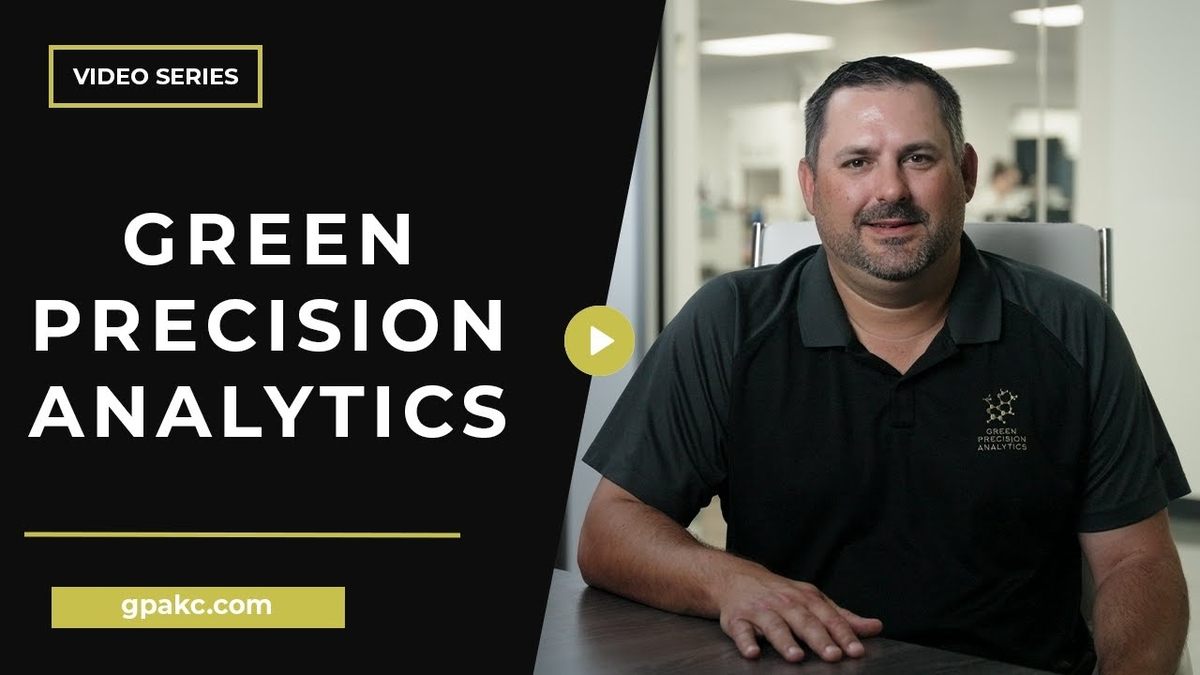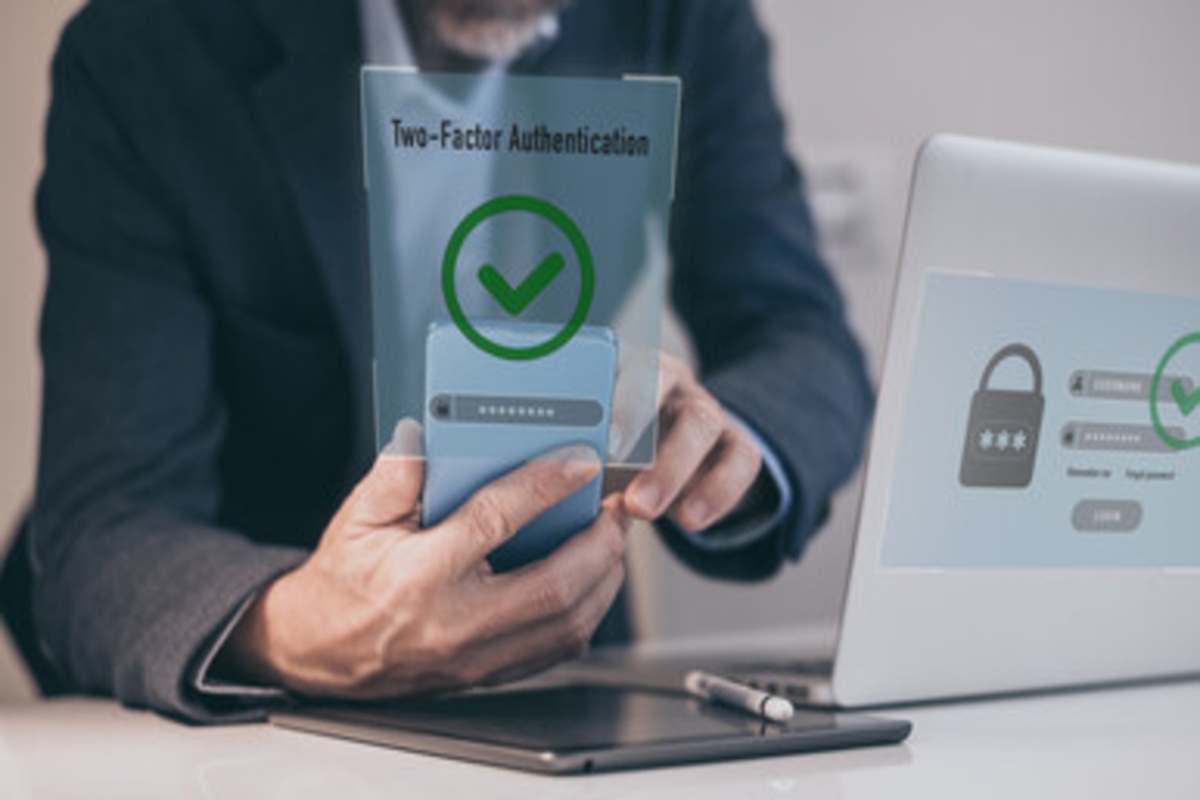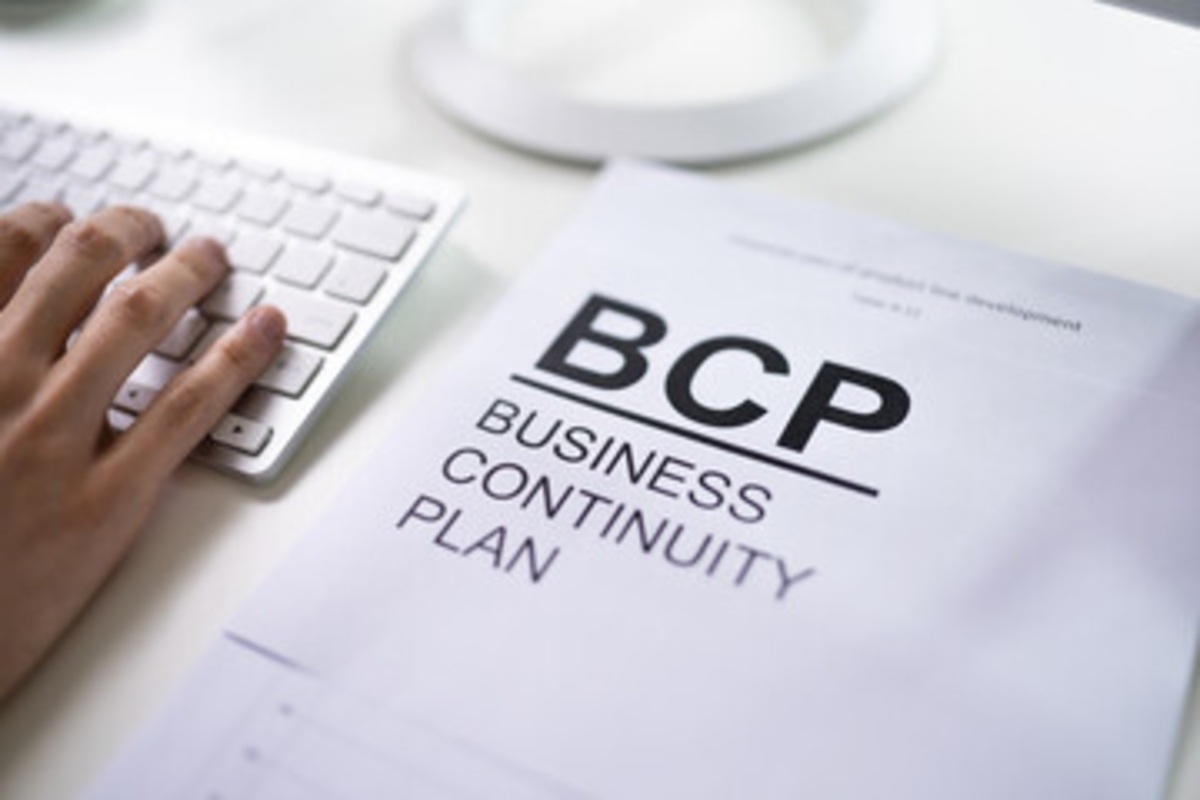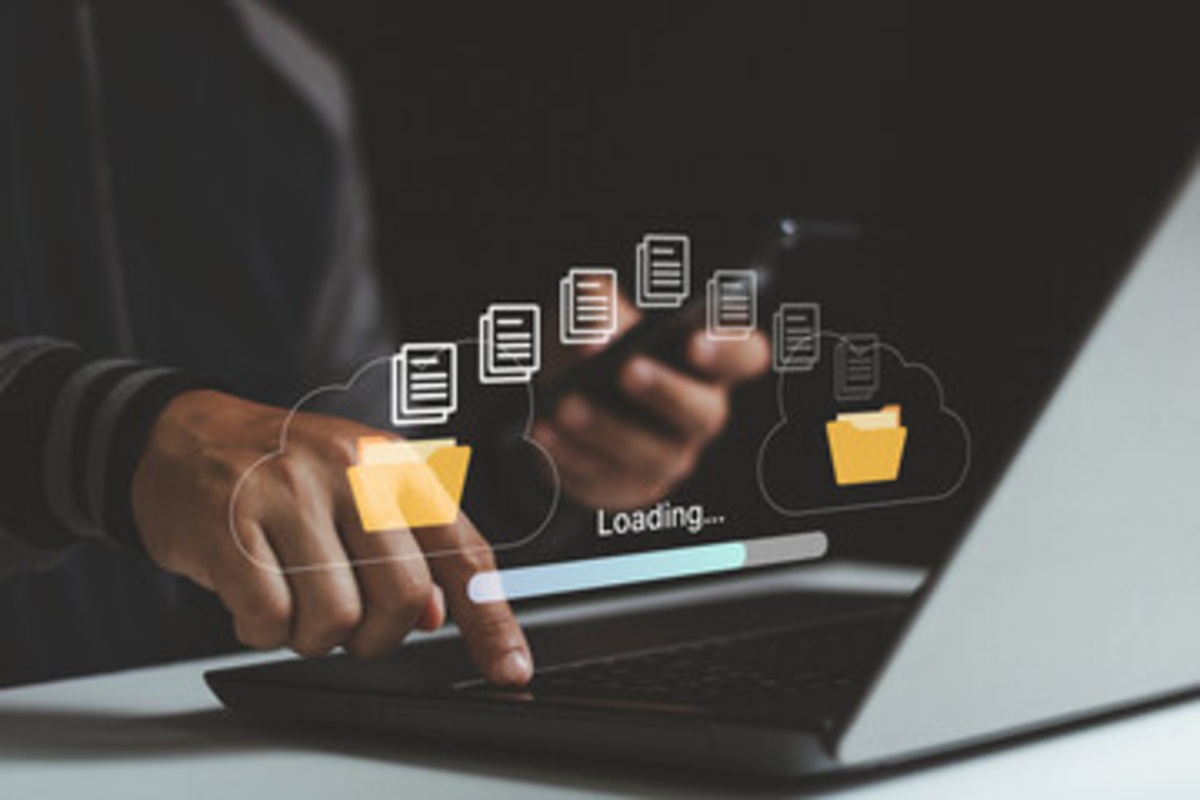We speak a lot on the topic of malicious hackers. But what about ethical hackers?
Ethical hackers are the white hat vigilantes that dedicate their careers to hacking companies and making the world better because of it.
By allowing ethical hackers to take their best shot at cracking into a business’s data, companies can avoid costly and dangerous attacks in the long run. And while every company is complex and different, ethical hackers run into similar vulnerabilities that are fixable or avoidable when companies have certain cybersecurity habits in place.
Let’s chat through some easy habits proven by ethical hackers to cut down on cybersecurity vulnerabilities.
But first…
What is an ethical hacker?
An ethical hacker uses their hacking skills to help businesses instead of attacking them. Some ethical hackers start testing company online vulnerabilities as a hobby or challenge and then notify the company afterward. Companies contract others to find and fix any vulnerabilities they come across by attempting to hack into their system by any method.
There are four main types of ethical hacking:
- Targeted Testing: Internal teams are aware of and involved in the ethical hacking project. This may be a ‘learning experience’ for teams to minimize user error and avoid simple security mistakes.
- Internal Testing: Uses access privileges of internal users to find admin vulnerabilities. Internal testing can help companies review their tiered system of admin access and evaluate a new strategy for granting access.
- External Testing: Finds vulnerabilities in exposed systems like DNS and servers. This targets the specific applications in place more than user error.
- Blind Testing: Simulates actual attacks from hackers. Blind testing is the most common strategy for hobby ethical hackers who test website vulnerabilities as a challenge without the intent of taking advantage of potential access or data breaches.
Each type of ethical hacking holds merit and can bring value to companies looking to strengthen their front.

How can ethical hacking help protect your business?
Good ethical hacking will find any “back doors” to your data that malicious hackers could exploit. You’re only as strong as your weakest link — and ethical hacking can help find and fix the chink in your armor.
It can help your team get privy to any vulnerabilities they create through user error or unsafe practices. Ethical hacking will highlight these practices, explain why they aren’t safe and suggest a solution.
Ethical hacking will help companies develop a security game plan and suggest cybersecurity tools, training and monitoring resources to keep your online presence secure and impenetrable.
While ethical hacking is incredibly valuable, it should not be the only tool in your cybersecurity toolbox. Any ethical hacker will agree that companies need a proven cybersecurity system to optimize safety procedures protecting sensitive data.
Tips on Data Protection from Ethical Hackers
If you choose to work with an ethical hacker, the tips they give will most likely be nuanced and tailored to your business. But ethical hackers often run into common problems that have simple solutions. Here are some data protection tips that are easy wins.
Keep your computer software updated
Keeping your hardware and software updated is a straightforward way to avoid a significant amount of attacks. Each update that major platforms like Apple and Microsoft push out has new protections against the most current cybersecurity risks. You are missing out on new tools and cyberattack barriers by ignoring these updates.
Keep tabs on all of the plugins you have
Plugins are incredibly useful in creating a well-rounded online system — but the more plugins you have, the more chances there are to penetrate a system maliciously. Using reputable plugins and minimizing the amount you keep active on a site can cut down on vulnerabilities. And for the plugins you need, continually updating the plugins to the most updated version of the software will also cut down on opportunities to sneak in.
Creating a consistent process of evaluating all plugins and discarding ones that aren’t necessary helps your website two-fold: You will strengthen your security and speed up your website in one fell swoop.
Use a non-admin account when possible
With more admin power comes more responsibility. For example, in many platforms, admins are the only level of access that can download new software — so the fewer people with admin access, the smaller chances there are that someone will download malware.
From a hacking perspective, this also reduces the chances that a hacker will gain access to an account that can do a lot of damage. For example, if 50% of your organization has admin access, there is a 50% chance that a hacked account will have that access. But if only 5% of team members have admin access, that significantly decreases the chances that a hacker will gain admin access through a breached account.

Use Network Monitoring Software
Did you know that the average data breach goes undetected for over 80 days? That gives hackers almost three months to do damage without anything fighting their moves.
Using 24/7 network monitoring to find and identify any cyberattacks happening in real-time will decrease the financial impact and logistical headache that comes with an attack that happens undetected. Having a network monitoring tool that does not take breaks can give your company peace of mind that your data is safe.
Consider each link you click on or item you download
It takes less than a second to click a malicious link — but it can take weeks or months to undo that mistake. So consider each link you click on an unfamiliar site — especially if the link action is to download a file or software you don’t completely trust.

Shred any documents with sensitive info before discarding
Ethical hackers can get into the weeds of your company — and your dumpsters. Some ethical hackers will come on-site to see what they can find to help them — from passwords kept on sticky notes to documents with helpful info.
You spend time and money to keep your information safe online — don’t offer that same info to anyone who walks past your trash can! Instead, find a secure way to discard internal documents or notes.
Use caution opening email attachments
Email malware is a particularly annoying channel of cyberattack — but it can be avoidable if you know what to consider sketchy. Always second guess any attachments from non-trusted email addresses, and always check that an email address is legitimate before interacting with it.
Even more convincing than traditional phishing is a tactic called spear-phishing — this phishing method customizes the message in the email to include your name, impersonate your boss, ask about a project, etc., to catch you off guard and make a mistake. Always check the sender’s email address, and when in doubt, reach out to the “sender” using a different method of communication to confirm if the email is legitimate.
Don’t trust pop-ups that suggest you download software
Non-malicious pop-ups can be annoying enough as it is — let alone pop-ups that can cause damage to your online presence. Many malicious pop-ups may make it look like your computer is already infected — don’t fall for this charade. You can avoid a lot of trouble by simply exiting out of the pop-up and not clicking on anything within the pop-up.
Be wary of ‘lost’ USBs
What do you do if you find an unclaimed USB lying around your office? Your first thought is probably to stick it in your computer to identify the owner. Little did you know, that USB was planted to find an unsuspecting victim and is breaching your computer the moment you insert it in your USB port.
Instead of taking lost USBs into your own hands, turn them in to an IT specialist who can securely check the USB contents and return the USB if deemed safe.
Limit your file sharing
Some sites and applications have file-sharing tools that are much too simple to be safe. Choosing the right way to share data is crucial to keeping your information secure and your files out of the wrong hands. Having a confirmed-secure cloud to host your data also avoids confusion among you and your team on which files are safe to open.
Have verification processes for requests for information via email or phone
Did you know that hackers may impersonate spouses or partners of company workers to gain access to info over the phone? This particularly tricky method to discern can be compelling. The right amount of kindness and desperation in a caller’s voice may trigger the “we can make an exception for you” reaction from the answerer to provide internal info.
Informing your team that this type of hacking exists and developing verification processes can give your customer service team a plan for when someone tries to gain access to info.
Leverage cybersecurity resources
Having a toolbox of cybersecurity resources at your fingertips will help you mitigate risk and avoid crises altogether. Tools like continuous network monitoring and a 24/7 help desk will ensure you are confident housing sensitive data and safely share files with trusted partners.
Ethical hackers want a challenge. You can keep your company secure and protected with proven cybersecurity practices from MDL.
Ethical hacking is a great way to find specific vulnerabilities, but companies need a far-reaching solution with scalability to protect their data in the long term. With affordable solutions for businesses of all sizes and industries, MDL Technology is there for your IT needs every step of the way. Contact us today to learn more.


